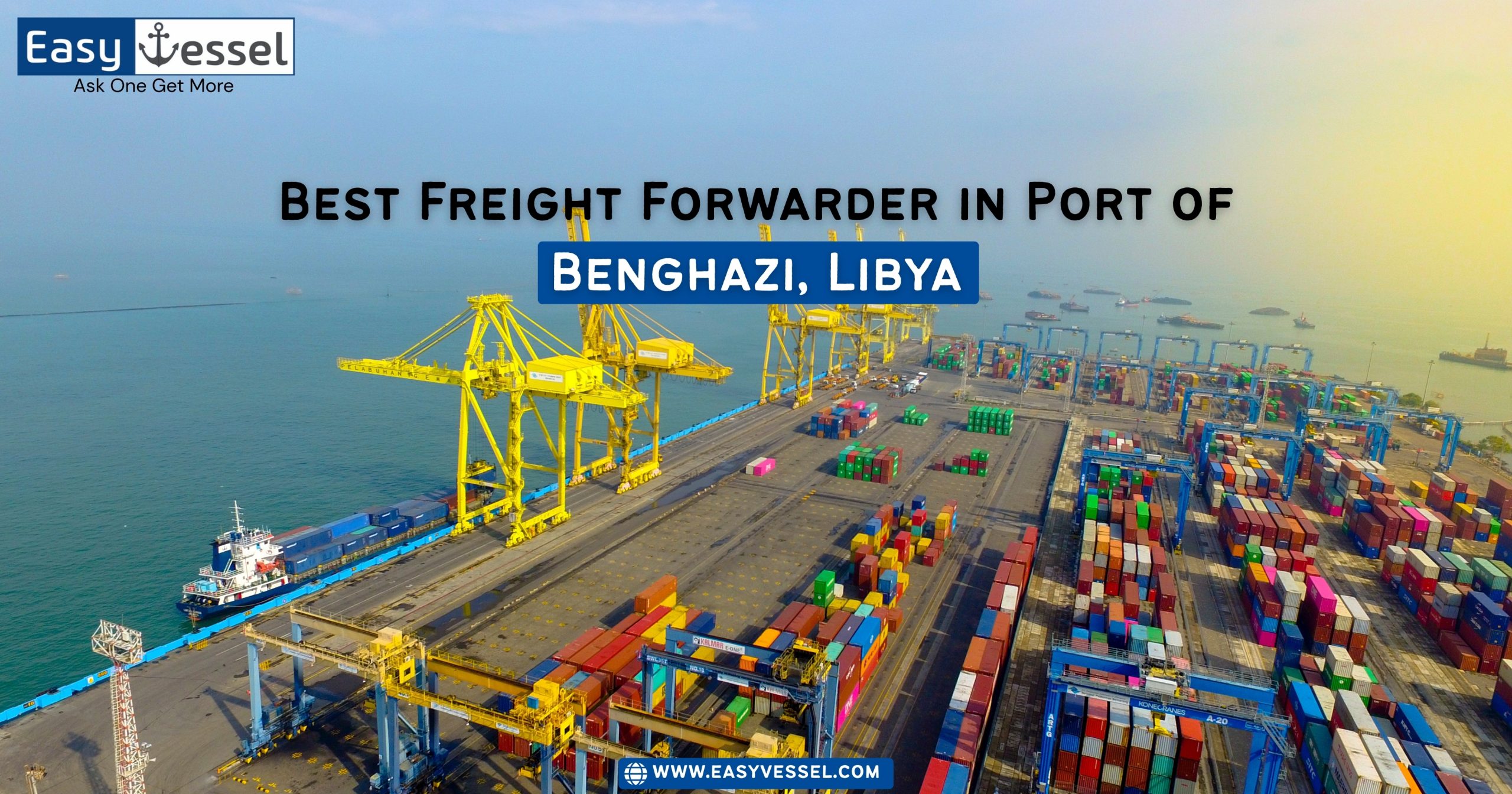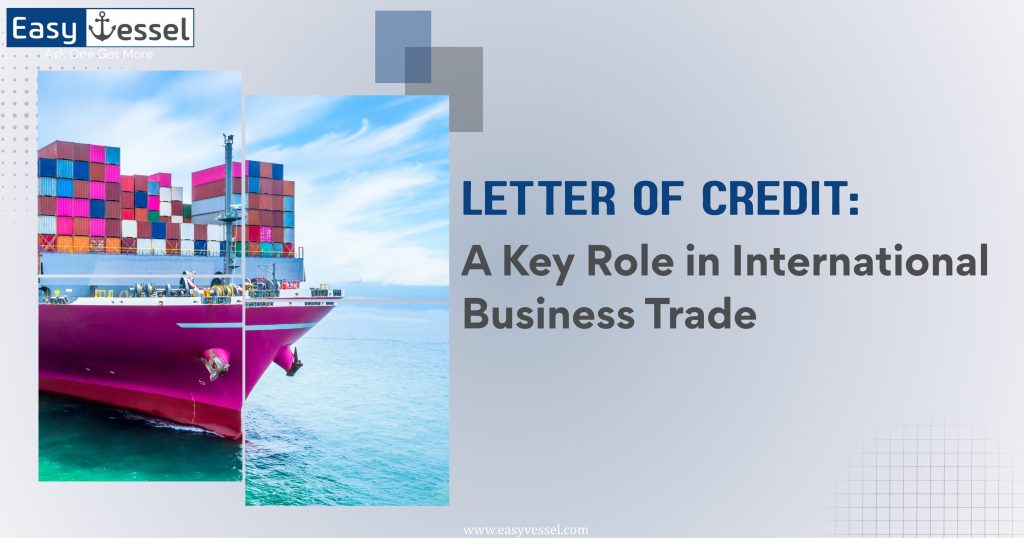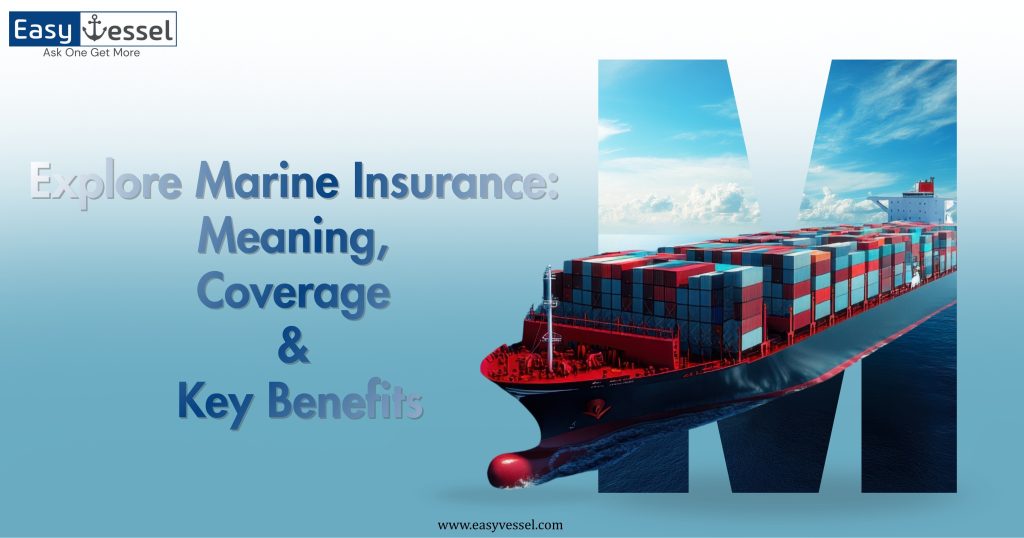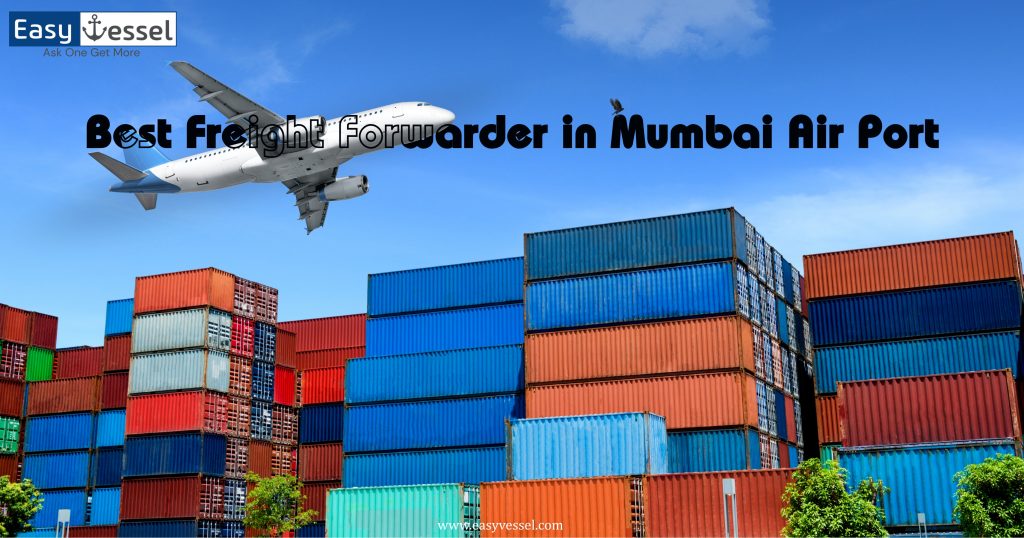In the ever-evolving world of international trade and logistics, choosing the right freight forwarder can make or break your supply chain. For businesses operating through the Port of Benghazi, one of Libya’s most prominent seaports, this decision holds even greater significance. Whether you’re shipping machinery, food products, textiles, or electronics, working with the right freight forwarding services ensures your cargo moves efficiently, compliantly, and on schedule.
This comprehensive guide explores the importance of choosing a reliable freight forwarder at the Port of Benghazi, outlines the port’s historical and modern role in trade, and helps you understand what to look for in a logistics partner. And if you’re wondering who the best in the business is—don’t worry—we’ve got you covered.
The Strategic Importance of the Port of Benghazi
Located on the Mediterranean Sea in northeastern Libya, the Port of Benghazi plays a crucial role in connecting North Africa to Europe, Asia, and the Middle East. Its prime location has made it one of the country’s most important ports for imports and exports alike.
A Brief Historical Insight
The city of Benghazi has a history that spans centuries, and the port’s development mirrors this. Initially founded as Euesperides by Greek settlers around the 6th century BC, it later became Berenice under the rule of Ptolemy III. Over time, the port evolved through Roman, Arab, Ottoman, and Italian periods—each adding layers to its strategic importance and infrastructure.
Modern development of the port accelerated under Italian colonization in the early 20th century, when significant investments were made in piers, transit sheds, and navigation systems. Today, the port is operated by the Socialist Ports Company and features updated facilities including:
- Container terminals
- General and bulk cargo handling areas
- Oil terminals
- Ship repair and service facilities
These features make the Port of Benghazi a critical logistics hub for both Libyan and international shipping companies.
Why Freight Forwarders Matter
A freight forwarder acts as the logistical mastermind behind every successful shipment. From negotiating with carriers to organizing paperwork, warehousing, customs clearance, and insurance, freight forwarders make international trade seamless and efficient.
At a busy gateway like the Port of Benghazi, the challenges of dealing with regulations, route planning, warehousing, and documentation require expert navigation. Whether you’re a business owner importing spare parts or a wholesaler exporting goods to Europe, a skilled freight forwarder saves you time, money, and logistical headaches.
Read More: How Freight Forwarding Works: Everything You Need to Know
Challenges at the Port of Benghazi — And How Freight Forwarders Solve Them
Despite its strategic value, the Port of Benghazi—like many ports in politically dynamic regions—can present operational challenges. These include:
- Delays due to customs clearance procedures
- Limited infrastructure or port congestion
- Lack of digital logistics systems
- Security and compliance risks
A reliable freight forwarding service addresses these issues head-on. Here’s how:
1. Customs Expertise
Knowledgeable freight forwarders are well-versed in Libyan import/export regulations and documentation requirements. They ensure smooth customs clearance and prevent unnecessary fines or detentions.
2. Multimodal Coordination
Freight forwarders coordinate different modes of transportation—sea, road, and even air—to optimize delivery timelines and reduce costs.
3. Cargo Tracking and Visibility
Modern freight forwarders offer real-time tracking, giving customers full visibility into the status of their shipments.
4. Insurance and Risk Management
From inclement weather to political disruptions, risks are part of international trade. Professional freight forwarders help mitigate those risks with cargo insurance and contingency planning.
Read More: Sea Freight vs. Air Freight: Choosing the Best Option for Your Shipment
What to Look for in a Freight Forwarder at the Port of Benghazi
When choosing the best freight forwarder in Benghazi, here are key qualities to look for:
1. Local Expertise with a Global Reach
Your freight forwarder should understand the nuances of operating in Libya while having established connections with global shipping companies.
2. Full-Service Capabilities
Look for end-to-end freight forwarding services, including:
- Inland transport
- Export documentation
- Warehousing and storage
- Marine insurance
- Customs Brokerage
3. Transparency and Communication
Your partner should keep you informed at every stage of the process—from quote to delivery.
4. Technology Integration
Digital platforms that offer shipment tracking, e-documentation, and instant support are essential in today’s fast-paced logistics world.
Why Choose EasyVessel as Your Freight Forwarding Partner
When it comes to selecting a reliable and cost-effective freight forwarder at the Port of Benghazi, EasyVessel stands out for its unmatched combination of transparency, flexibility, and global reach. Here’s why businesses across industries trust EasyVessel to manage their international shipping needs:
1. Multiple Inquiries, One Platform
With EasyVessel, you can submit a single freight inquiry and receive competitive rates from multiple trusted forwarders across the globe. This saves you time and ensures you’re comparing the best options—all in one place.
2. Zero Commission Model
EasyVessel offers a 0% commission structure, allowing you to secure excellent freight rates without any hidden costs or middleman fees. More savings on freight means more flexibility in your logistics budget.
3. Global Freight Forwarder Network
EasyVessel connects you to a wide and verified network of experienced freight forwarders and shipping companies worldwide. Whether you’re importing into Libya or exporting from the Port of Benghazi, you’ll have access to providers tailored to your cargo requirements.
4. User-Friendly Experience
Designed with simplicity in mind, the EasyVessel platform makes managing shipments, comparing offers, and tracking freight straightforward. Even complex international logistics feel easier with a clear, intuitive interface.
5. More Deals, Better Results
By receiving multiple quotes from different forwarders, you increase your chances of locking in the best rates and service levels. EasyVessel boosts your opportunities for successful, cost-efficient freight movement through the Port of Benghazi and beyond.
Why Businesses Trust EasyVessel
- Experience: Years of proven experience in global shipping and logistics.
- Technology-Driven: A digital-first approach to traditional freight forwarding.
- Compliance-Focused: Compliant with Libyan and international trade regulations.
- Flexible Services: From FCL to LCL and air freight, services are tailored to your needs.
- Cost-Efficient: Optimized routes and smart carrier selection reduce shipping costs.
By combining automation with hands-on logistics expertise, EasyVessel is redefining freight forwarding services in Libya and helping businesses ship smarter and faster.
Final Thoughts
The Port of Benghazi continues to play a vital role in Libya’s economic development and global trade participation. With its expanding infrastructure, strategic location, and growing cargo capacity, it offers immense opportunities for businesses involved in import and export operations.
However, to truly capitalize on these opportunities, choosing the right freight forwarder is crucial. Navigating customs, documentation, transportation, and cargo tracking can be overwhelming—especially without the right logistics partner.
That’s why we recommend EasyVessel. Their seamless digital platform, local expertise, and commitment to excellence make them the go-to solution for anyone shipping through the Port of Benghazi. With EasyVessel, you’re not just moving goods—you’re moving your business forward.
Reference:
Port of Benghazi by Wikipedia[1].
Frequently Asked Questions
The Port of Benghazi is known for being one of Libya’s oldest and most significant seaports. Strategically located on the Mediterranean coast in northeastern Libya, it plays a vital role in the country’s import and export operations. The port handles a wide range of cargo, including general goods, food products, construction materials, and machinery.
The UN/LOCODE (United Nations Code for Trade and Transport Locations) for the Port of Benghazi is LYBEN.
- LY stands for Libya
- BEN is the abbreviation for Benghazi
This code is commonly used in shipping documents and logistics systems to identify the port.
A freight forwarder is a logistics professional or company that organizes and manages the international shipment of goods on behalf of importers and exporters. Their role includes booking cargo space with shipping companies, handling customs documentation, arranging transportation, securing cargo insurance, and ensuring compliance with international trade laws.
Benghazi is located in the country of Libya, in North Africa. It is the second-largest city in Libya and serves as a major economic and cultural centre, as well as a key maritime gateway through the Port of Benghazi.
Libya has approximately seven major commercial seaports, each playing a significant role in the nation’s maritime trade. These include:
- Port of Tripoli – the capital’s main port and the busiest in the country.
- Port of Benghazi – the primary port in the east and a key trade gateway.
- Port of Misurata – a modern port with a free trade zone.
- Port of Al Khums – known for container handling and general cargo.
- Port of Derna – smaller but strategically important for regional trade.
- Port of Tobruk – handles oil and bulk shipments.
- Port of Zuwara – serves local industries and regional traffic.



